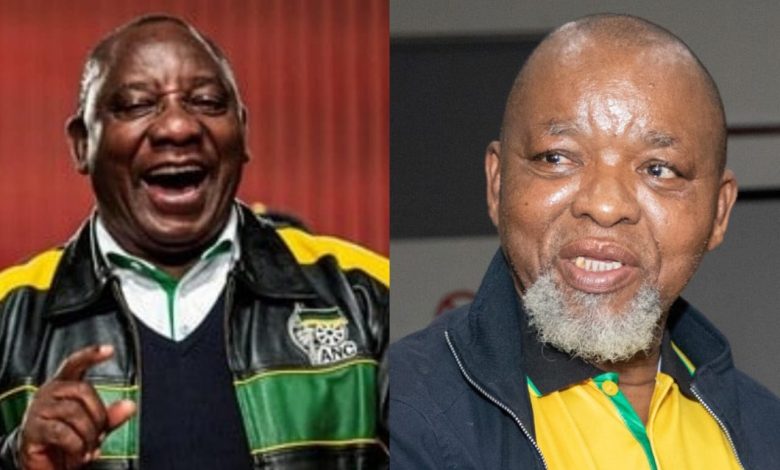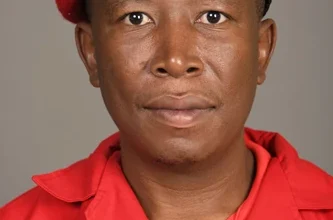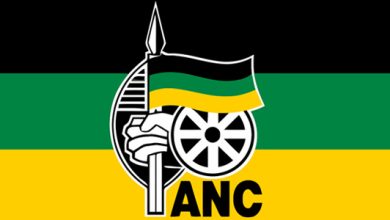ANC leadership delivers unfiltered truth to Councillors: A Wake-Up Call or Betrayal?

In a rare and unvarnished display of leadership, two senior figures of the African National Congress (ANC) took to the stage yesterday, delivering what can only be described as a wake-up call to their own councillors. National Chairperson Gwede Mantashe and President Cyril Ramaphosa did not mince words, laying bare uncomfortable truths that left the room divided—some stunned into silence, others furiously reacting.
Mantashe, with his characteristic bluntness, didn’t hold back. Addressing a packed hall of ANC councillors, he declared that while the party’s members might excel at singing, they lacked the real capacity to lead and deliver tangible results. “I know we have a lot of singing councillors, but there are no councils. We all sing well, but capacity dololo,” Mantashe said, provoking a mixture of laughter and discomfort. The statement seemed to cut through the usual ANC rhetoric, offering an almost painful reflection on the party’s performance at the local government level.
The reaction was mixed: some councillors laughed at the comment, perhaps out of nervousness or disbelief, while others were visibly angered. Some even took to Twitter, expressing their shock, with one writing, “Mantashe speaks like he’s talking to children.” The stinging critique clearly left a mark, but the evening’s revelations didn’t stop there.
President Cyril Ramaphosa, known for his diplomatic style, took things a step further. In an unexpected endorsement of the Democratic Alliance (DA), the country’s largest opposition party, Ramaphosa told ANC councillors that they could learn from the DA’s governance practices. He pointed to well-managed municipalities, particularly those controlled by the DA, like Cape Town and Stellenbosch, as examples of excellence.
Ramaphosa’s remarks were blunt: “Those municipalities that do best are not ANC-controlled municipalities. I can name them here because there is nothing wrong with competition. They are often DA-controlled municipalities. We have to ask ourselves: What is it that they are doing better than us? There is nothing wrong with us saying, ‘We want to go and see what Cape Town is doing. We want to see what Stellenbosch is doing.'”
The president’s comments sparked a flurry of reactions on social media, with many expressing surprise and discomfort at the level of candor displayed by ANC’s leadership. For many, this was an unprecedented and brutal admission of the party’s shortcomings. While some saw it as an honest and necessary reflection, others viewed it as a betrayal of the party’s core values and principles.
One political analyst even went so far as to suggest that Ramaphosa had revealed himself as someone who does not genuinely support the ANC, accusing him of prioritizing the interests of his “white friends” over the party’s legacy and the needs of its base.
Indeed, the events of the day have left the ANC grappling with a series of uncomfortable questions. Is this brutal honesty a necessary step toward self-reflection and reform, or has it opened a dangerous rift within the party? Many ANC members may have hoped for a more unifying message, but instead, they were confronted with the painful reality that the party’s governance model is failing, and the DA may have figured out a formula that the ANC has yet to grasp.
As the dust settles, one thing is clear: the ANC can no longer ignore the flaws that have plagued its leadership at the local government level. Whether these revelations will lead to meaningful change, or if they signal the beginning of an internal fracture, remains to be seen. But for now, the question remains: will the ANC take the necessary steps to rebuild, or will this latest round of honesty be the beginning of its unraveling?
Relating to the Post
- No related posts.






